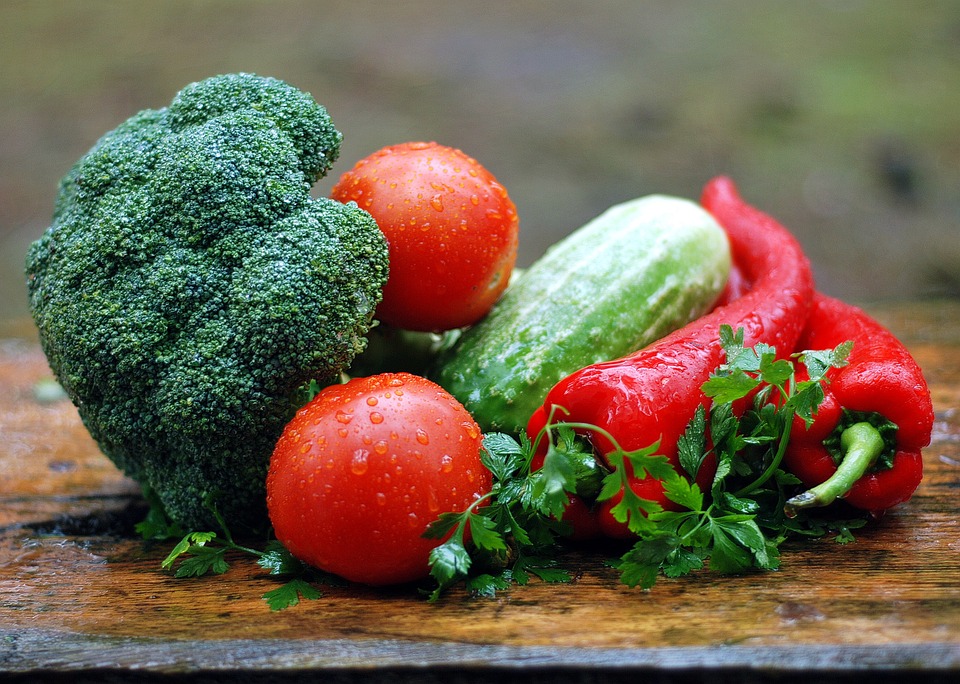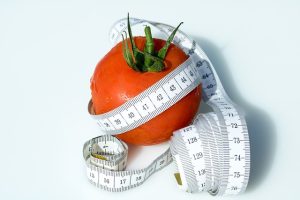
10 Healthy Eating Habits to Help You Reach Your Weight Loss Goals
Losing weight can be a difficult and daunting task. It requires dedication, hard work, and a commitment to making healthy lifestyle changes. Eating healthy is an important part of any weight loss plan, and there are certain habits that can help you reach your goals. Here are 10 healthy eating habits to help you reach your weight loss goals.
1. Eat Breakfast Every Day
Eating breakfast is one of the most important habits for weight loss. Studies have shown that people who eat breakfast are more likely to maintain a healthy weight than those who skip it. Eating breakfast helps to kickstart your metabolism and gives you energy for the day. It also helps to prevent overeating later in the day.
2. Eat More Fruits and Vegetables
Fruits and vegetables are packed with essential vitamins, minerals, and fiber. Eating more of them can help you reach your weight loss goals. They are low in calories and high in nutrients, making them a great choice for weight loss. Aim to fill half of your plate with fruits and vegetables at each meal.
3. Avoid Processed Foods
Processed foods are often high in calories, fat, and sugar. They can also be low in essential nutrients. Avoiding processed foods is one of the best habits for weight loss. Instead, focus on eating whole, unprocessed foods such as fruits, vegetables, whole grains, lean proteins, and healthy fats.
4. Eat Mindfully
Eating mindfully means paying attention to what you are eating and how it makes you feel. It also means being aware of your hunger and fullness cues. Eating mindfully can help you to make healthier food choices and avoid overeating.
5. Plan Ahead
Planning ahead is one of the best habits for weight loss. Meal planning can help you to make healthier food choices and stick to your weight loss goals. It can also help to save time and money. Try to plan your meals and snacks for the week ahead of time.
6. Eat More Protein
Protein is an important nutrient for weight loss. It helps to keep you feeling full and can help to prevent overeating. Aim to include a source of lean protein at each meal and snack. Good sources of protein include lean meats, fish, eggs, beans, nuts, and seeds.
7. Drink More Water
Drinking enough water is essential for weight loss. It helps to keep you hydrated and can help to prevent overeating. Aim to drink at least 8 glasses of water per day. You can also add flavor to your water with fresh fruits and herbs.
8. Avoid Sugary Drinks
Sugary drinks such as soda, juice, and energy drinks are high in calories and sugar. They can also lead to weight gain. Avoid sugary drinks and opt for water, unsweetened tea, or sparkling water instead.
9. Eat Slowly
Eating slowly can help you to reach your weight loss goals. It takes time for your brain to register that you are full, so eating slowly can help you to avoid overeating. Try to take your time when eating and savor each bite.
10. Get Enough Sleep
Getting enough sleep is essential for weight loss. Studies have shown that people who don’t get enough sleep are more likely to be overweight. Aim to get 7-8 hours of sleep per night.
How-To:
1. Eat Breakfast Every Day
Start your day off right by eating a healthy breakfast. Choose foods that are high in protein and fiber such as oatmeal, eggs, or Greek yogurt. This will help to keep you feeling full and energized throughout the day.
2. Eat More Fruits and Vegetables
Fruits and vegetables are packed with essential vitamins, minerals, and fiber. Aim to fill half of your plate with fruits and vegetables at each meal. Try to choose a variety of colors and types to get the most nutrients.
3. Avoid Processed Foods
Processed foods are often high in calories, fat, and sugar. Avoid them as much as possible and focus on eating whole, unprocessed foods such as fruits, vegetables, whole grains, lean proteins, and healthy fats.
4. Eat Mindfully
Eating mindfully means paying attention to what you are eating and how it makes you feel. It also means being aware of your hunger and fullness cues. Take your time when eating and savor each bite.
5. Plan Ahead
Meal planning can help you to make healthier food choices and stick to your weight loss goals. Try to plan your meals and snacks for the week ahead of time. This will help to save time and money.
Advice:
1. Make Healthy Swaps
Making healthy swaps is a great way to reach your weight loss goals. Try swapping out unhealthy foods for healthier alternatives. For example, swap out white bread for whole wheat bread, or swap out chips for air-popped popcorn.
2. Don’t Skip Meals
Skipping meals can lead to overeating later in the day. Try to eat regular meals and snacks throughout the day to keep your energy levels up and prevent overeating.
3. Be Active
Exercise is an important part of any weight loss plan. Aim to get at least 30 minutes of physical activity per day. This can include walking, running, biking, swimming, or any other activity that you enjoy.
4. Track Your Progress
Tracking your progress can help to keep you motivated and on track with your weight loss goals. Try to weigh yourself once a week and keep track of your progress in a journal.
5. Get Support
Having a support system can help to keep you motivated and on track with your weight loss goals. Ask a friend or family member to join you on your weight loss journey.
Conclusion
Losing weight can be a difficult and daunting task. Eating healthy is an important part of any weight loss plan, and there are certain habits that can help you reach your goals. Eating breakfast, eating more fruits and vegetables, avoiding processed foods, eating mindfully, planning ahead, eating more protein, drinking more water, avoiding sugary drinks, eating slowly, and getting enough sleep are all important habits for weight loss. Making healthy swaps, not skipping meals, being active, tracking your progress, and getting support can also help you to reach your weight loss goals. With dedication and hard work, you can reach your weight loss goals.
#ChatGPT assisted in the creation of this article.





